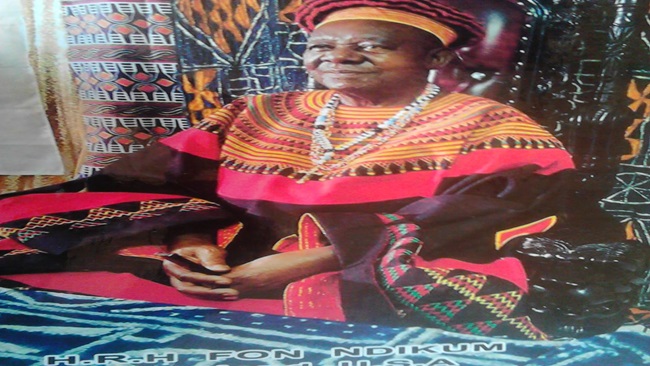13, June 2024
Football: Dortmund boss Terzic departs after asking to leave 0
Borussia Dortmund have parted company with manager Edin Terzic after he asked the club “to terminate his contract with immediate effect”.
Dortmund reached the Champions League final in 2023-24 under Terzic but they were beaten by Real Madrid at Wembley.
The German club said they agreed to Terzic’s request following “a joint discussion”.
“After the game at Wembley, I asked for a meeting with the club’s senior management team, because after nine years at BVB – including six on the coaching staff and two and a half as head coach – I feel that the club’s new era should begin with a new man on the touchline,” said Terzic, 41.
“Everyone close to me knows that this has been a very difficult decision for me to take over the last few weeks, but after intensive discussions my fundamental feeling has not changed.
“I wish Borussia Dortmund the very best, thank you and see you soon.”
Terzic began his coaching career with Dortmund’s academy between 2010 and 2013 before becoming Slaven Bilic’s assistant at Turkish club Besiktas.
He followed Bilic to Premier League side West Ham in 2015 but left following the Croatian’s sacking in November 2017, re-joining Dortmund as Lucien Favre’s assistant the following year.
Following Favre’s dismissal in December 2020, Terzic was named interim boss until the end of that season and led the club to German Cup final success with victory over RB Leipzig.
He then had a stint as the club’s technical director before becoming their manager in 2022.
Dortmund finished runners-up in the Bundesliga last season – missing out on the title after failing to beat Mainz on the final day of the campaign – and followed that up with a fifth-place finish in the 2023-24 campaign, which achieved qualification for next season’s Champions League.
“Edin Terzic has done an outstanding job in his time at BVB, and we all owe him a huge debt of gratitude,” said Dortmund chief executive Hans-Joachim Watzke.
“Edin and I will always remain friends.”
Source: BBC



























14, June 2024
5 children killed as heavy rains hit Far North region 0
At least five children have died in Cameroon’s Far North region following heavy rains and flood that struck Diamare division of the region, according to local authorities.
“The return of the rains has just caused in the space of 48 hours five deaths by drowning of children ranging in age from seven to 12 years old,” Jean-Marc Ekoa Mbarga, prefect of Diamare division, said in a statement late Thursday.
“This particularly lamentable and embarrassing situation requires of parents and the entire social strata an imperative awareness,” Mbarga said in the statement, urging parents to check and control the movement of their children as the rains persist.
Cameroon’s meteorological center has warned of “continuing turbulent weather,” saying that heavy rains with high winds may continue to hit the region where torrential rains have caused devastating consequences in the past.
Source: Xinhuanet